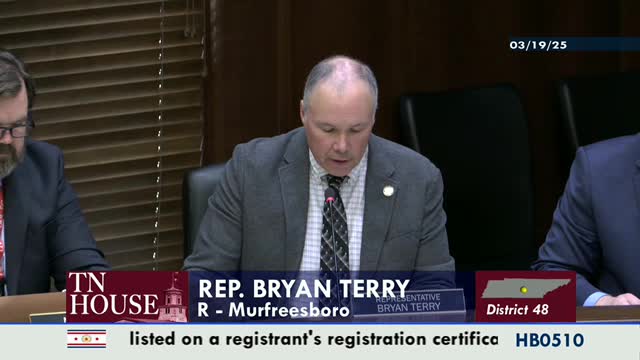Article not found
This article is no longer available. But don't worry—we've gathered other articles that discuss the same topic.
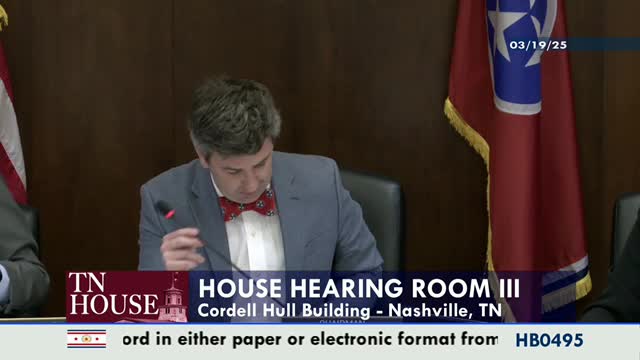
Committee approves cap on electronic medical‑record fees after industry‑patient negotiations
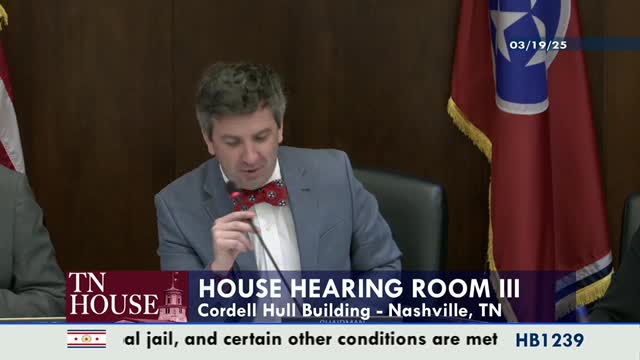
Panel approves bill letting qualified midlevel prescribers give buprenorphine in correctional settings under limits
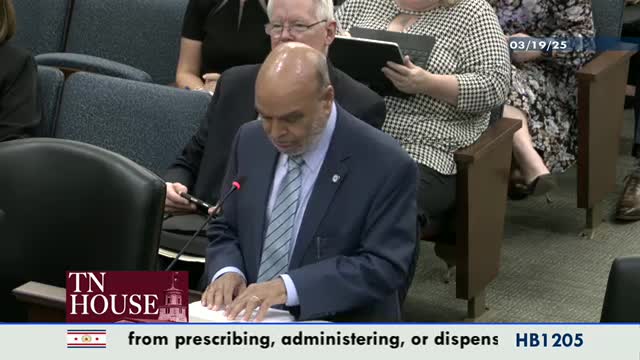
Committee advances bill clarifying when physicians may prescribe for themselves or close family
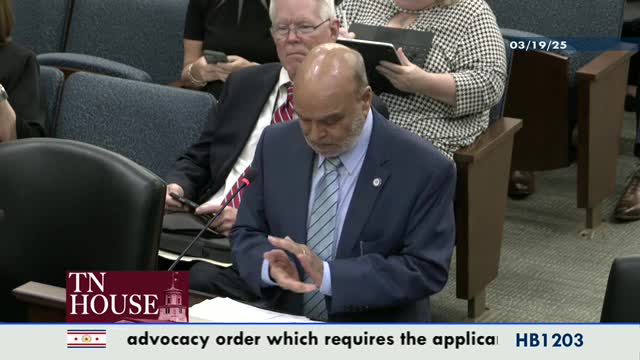
Committee advances bill allowing private peer‑assistance for self‑reporting physicians
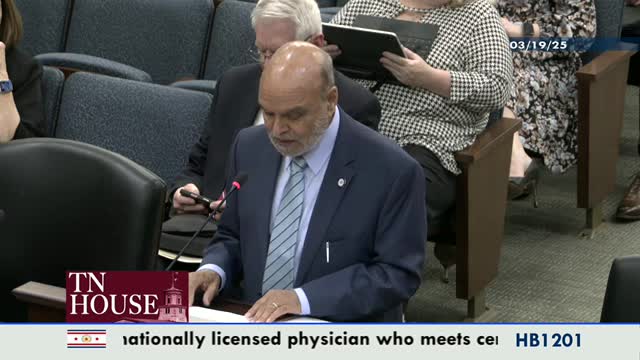
Panel advances bill expanding training sites for provisional licenses for international medical graduates
